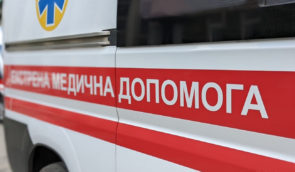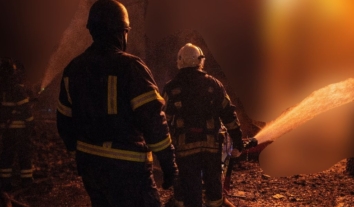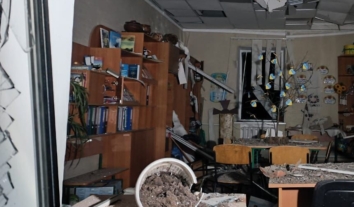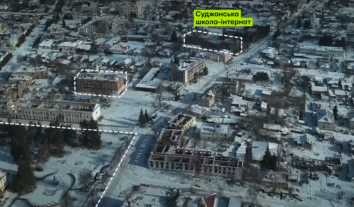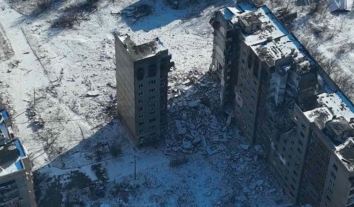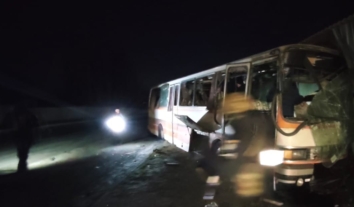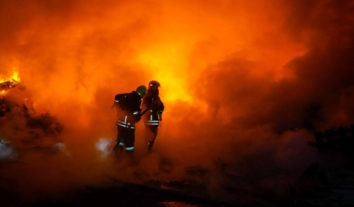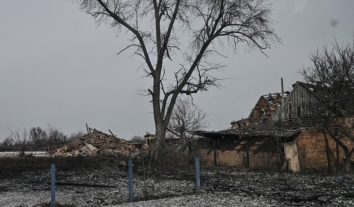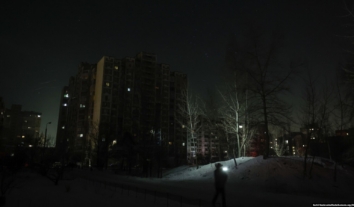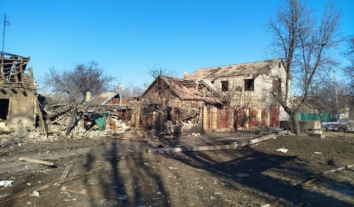Front Line Defenders Report on the Persecution of Human Rights Defenders
Over 130 human rights defenders (HRDs) were killed or died in detention in the first ten months of 2014. This was stated in Front Line Defenders 2015 Annual Report, “Human Rights Defenders – Lives in the Balance.”
In 2014, Front Line Defenders issued 265 urgent appeals on over 400 human rights defenders at risk; it provided 418 security grants and trained 568 human rights defenders. Overall, more than 1,900 HRDs in 91 countries benefited from Front Line Defenders protection support in 2014.
Front Line Defenders notes that authoritarian governments across the globe have continued to invest huge efforts and resources to close down, silence, restrict and discredit independent civil society and human rights defenders (HRDs), especially those critical of government policies. Repressive laws continued their viral spread across the world with the growth of cut and paste repression as governments replicate legislation.
Globally, deprivation of liberty and the use of court proceedings remained the two most widely used strategies to silence and intimidate HRDs. Threats of physical harm also featured prominently and were among the top three tactics used against HRDs.
HRDs are exposed to digital attacks, with varying degrees of sophistication, virtually everywhere. Digital targeting of HRDs has included interception of emails, voice or other types of communication; hacking of websites, blogs, email or social network accounts; the installation of malware or spyware; and the banning of websites.
Front Line Defenders estimates that over 130 HRDs were killed or died in detention in the first ten months of 2014 in Brazil, Burma, China, Colombia, Democratic Republic of Congo (DRC), Guatemala, Haiti, Honduras, India, Indonesia, Iraq, Libya, Mexico, Nigeria, Pakistan, Peru, the Philippines, Somalia, Syria, Turkey and Uzbekistan. Colombia accounted for 46 of those 130 HRDs killed in 2014. The Americas overall claimed 101 of the 130 HRDs killed in 2014.
The report mentions the Euromaidan events and human rights defenders’ participation in them. It was noted that those supporting the Euromaidan protests in Kiev and elsewhere suffered intimidation, smear campaigns and physical attacks. Civil society organisations were overwhelmed by the scale of human rights violations and struggled to continue their work documenting incidents and assisting victims. HRDs created a hot-line for victims, organised trial observations, started a database of violations, and launched several initiatives to coordinate legal and medical aid. The targeting of HRDs also continued after the removal of former President Yanukovich, particularly in the south-eastern regions and Crimea.
In the Russian Federation, the Ukrainian Euromaidan movement was presented as a coup d’etat orchestrated by the West, and those who contested this version of events or who publicly opposed the occupation of Crimea, including HRDs and independent journalists, were labelled as a ‘fifth column’ acting against national interests. They faced slander campaigns in state-owned media and physical attacks. Civil society continued to fight against the Foreign Agent law. Since its entry into force, a number of NGOs were disbanded or ceased to operate due to the time and resources needed to oppose inspections, warnings, and court proceedings. By the end of the year, 24 human rights organisations had been registered as foreign agents.

